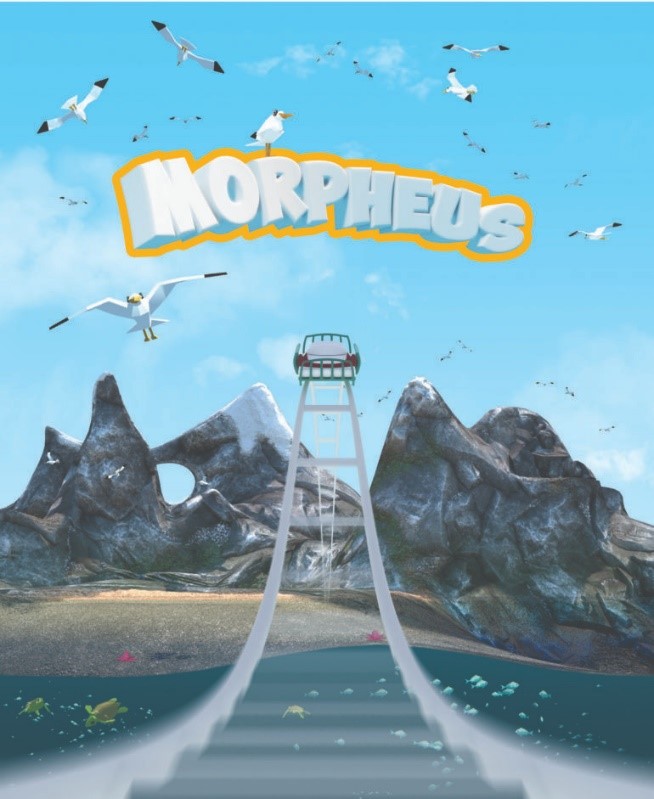Going through medical procedures can be difficult, especially for children. Distraction therapy helps child patients cope with pain during medical treatments. Apart from being incredibly immersive, virtual reality games could potentially provide a new type of distraction therapy whereby the level of pain perception is reduced in the brain by having patients focus on something else instead. Morpheus combines artificial intelligence and virtual reality to create a VR game to help child patients during medical procedures. From experiments carried out, Morpheus has been proven to increase tolerance to pain by as much as 80% on occasions.
The game illustrates an island populated by animals and allows players to engage and focus on the colourful and magical landscape. The game monitors the physiological data of the player in real time using a smart watch. By measuring Heart Rate Variability and Fluctuations, the AI figures out how the patient is feeling and adjusts itself accordingly. If the game notices you are not engaged enough, it prompts challenges such as a mini shooting game, while intense challenges are removed when anxiety is detected.
As hospitals are not usually equipped with high-end gaming devices, the game is compatible with a wide range of mobile devices and incorporates hollow face illusion giving the impression that the animals are looking at you, without actually programming them to.

A form of distraction therapy which can be offered by hospitals and treatment centres to help younger patients cope with pain during medical procedures or while recovering from such procedures.
MORPHEUS is currently in the prototype testing stage. The team aim to roll this out within 3 years, first to children who are cancer patients at the Sir Anthony Mamo Oncology Centre in Malta. It will then be introduced to Mater Dei Hospital, and eventually the application will be available for anyone to download.
Prof Alexiei Dingli and Luca Bondin from the Department of Artificial Intelligence in collaboration with Fabrizio Cali as lead designer, and supervised by Prof. Vince Briffa from the Faculty of Media and Knowledge Science.
Morpheus is funded by Epic For Good Foundation through the University of Malta Research Innovation and Development Trust (RIDT).